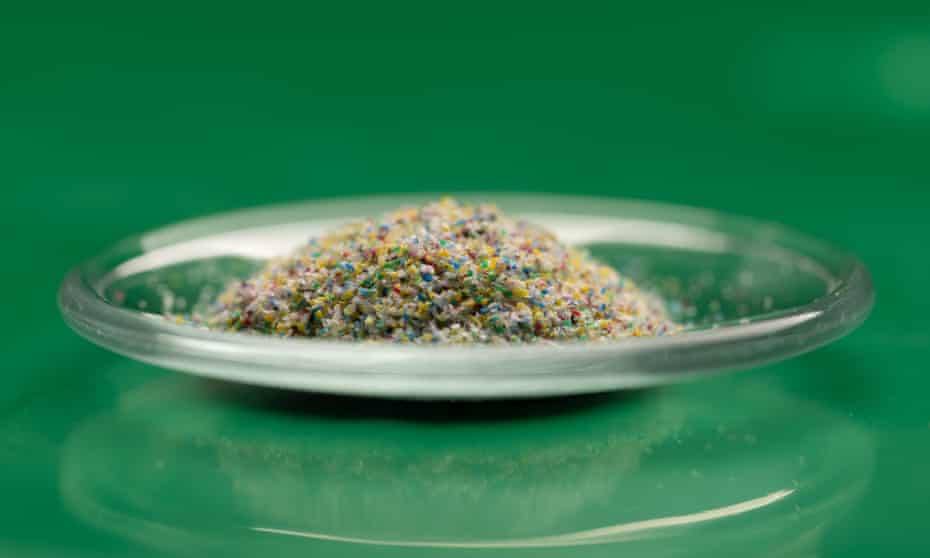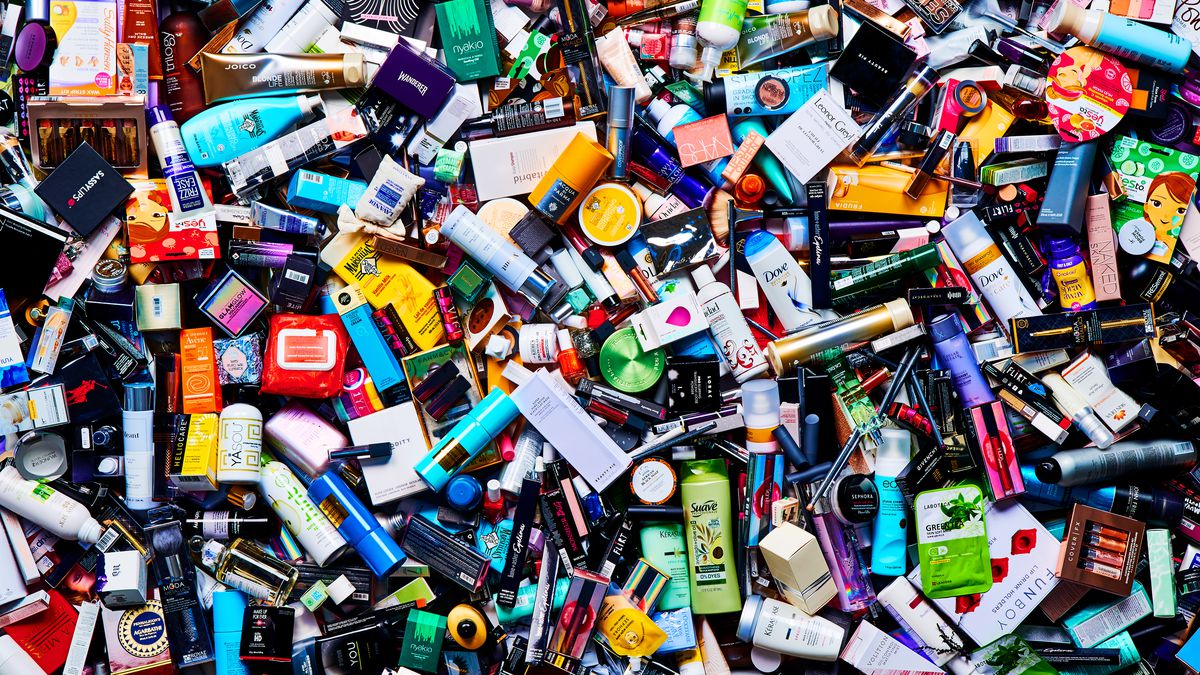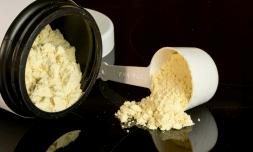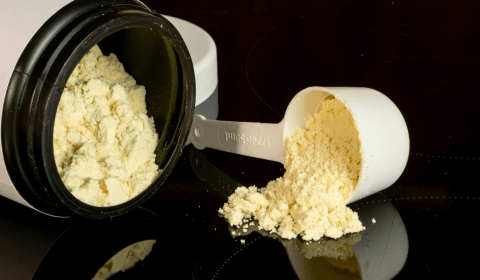From April 1, any company manufacturing or importing packaging containing less than 30% recycled materials will be taxed £200 per tonne. For an industry that’s renowned for its insurmountable reliance on plastic, this may well pose some issues.
Earlier this month, ‘the most important international deal since the Paris climate accord’ was approved by the United Nations Environmental Assembly in an effort to tackle the mountains upon mountains of single-use plastic waste that continue to pile up across the globe.
Choosing to back this ambitious plan of action, the UK is set to introduce measures of its own at the end of next week.
From April 1, any companies manufacturing or importing packaging that does not contain at least 30% recycled materials will be charged at £200 per tonne.
Rather convenient indeed, given that microplastic pollution has just been detected in human blood for the first time, with scientists finding the tiny particles in almost 80% of the people they tested and warning of their ability to travel around the body and lodge in our organs.

However, though many have welcomed the move, saying it will incentivise businesses to adopt more eco-conscious practices, one sector in particular – renowned for its insurmountable reliance on an active contributor to the destruction of our planet – has raised concerns about the impending change.
Despite agreeing with its good intentions, the beauty industry fears the tax will have a significant impact on sales, especially amid the current cost of living crisis, which has already seen consumers forced to cut back on unnecessary and indulgent purchases.
‘It’s likely to be a real challenge for the producers and manufacturers of beauty products,’ says Millie Kendall, co-founder of The British Beauty Council.
‘On the one hand, we absolutely must keep driving change in how businesses operate in order to address the climate crisis, but on the other, with relatively little information from the government on this, it’s likely to creep up on many businesses that haven’t had the chance to prepare for the changes ahead.’
View this post on Instagram
Referring here to the struggles that smaller enterprises (sustainable or not) will inevitably face, Kendall adds that the requirement to monitor manufacturing and import levels will place an additional financial and administrative burden on businesses even if they are already going above and beyond.
For this reason, her non-profit is working with the government to clarify exactly what is expected from this challenging transition, so companies can start sourcing alternative materials if they haven’t yet and adapt more quickly to the new rules.





















